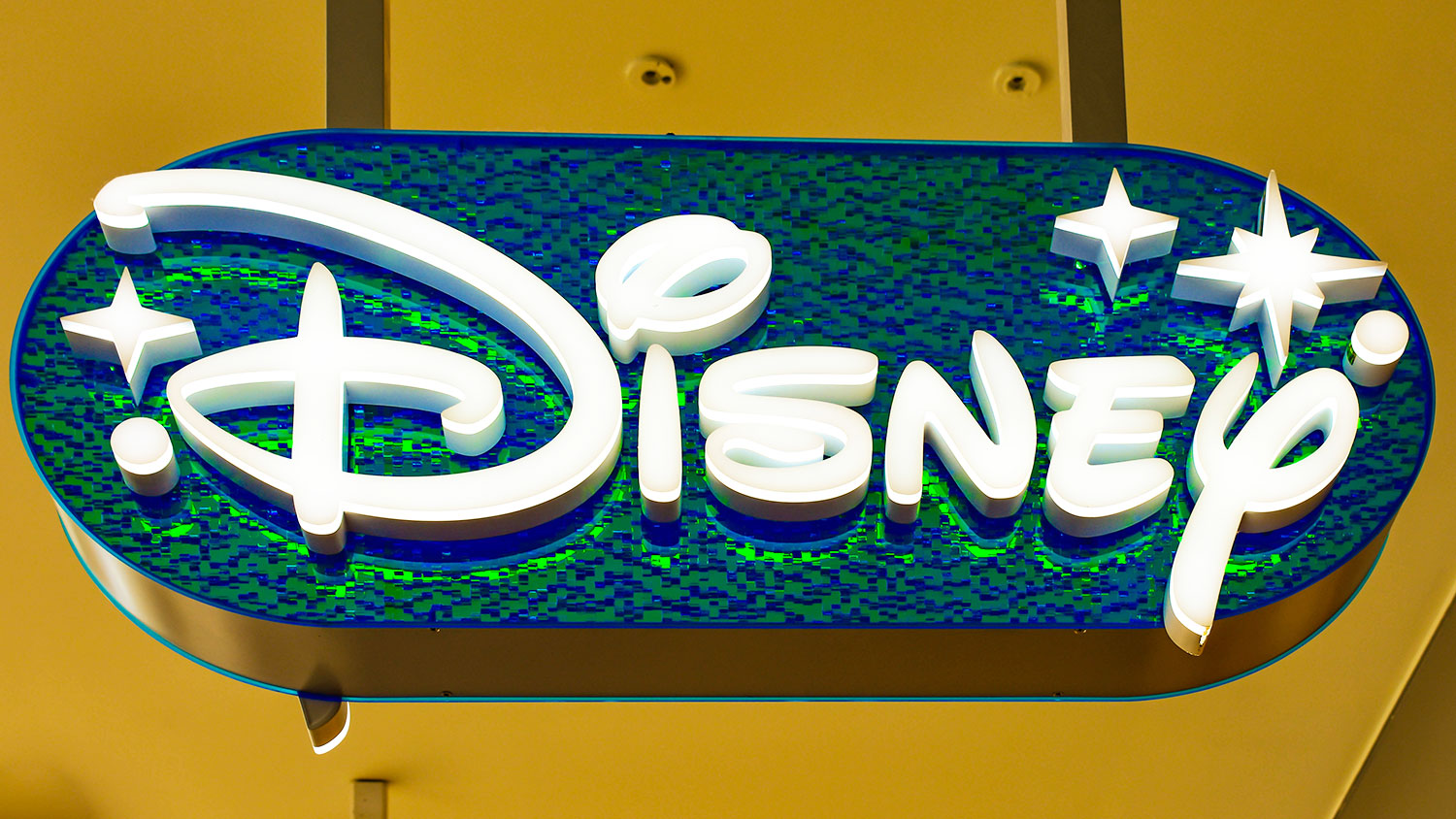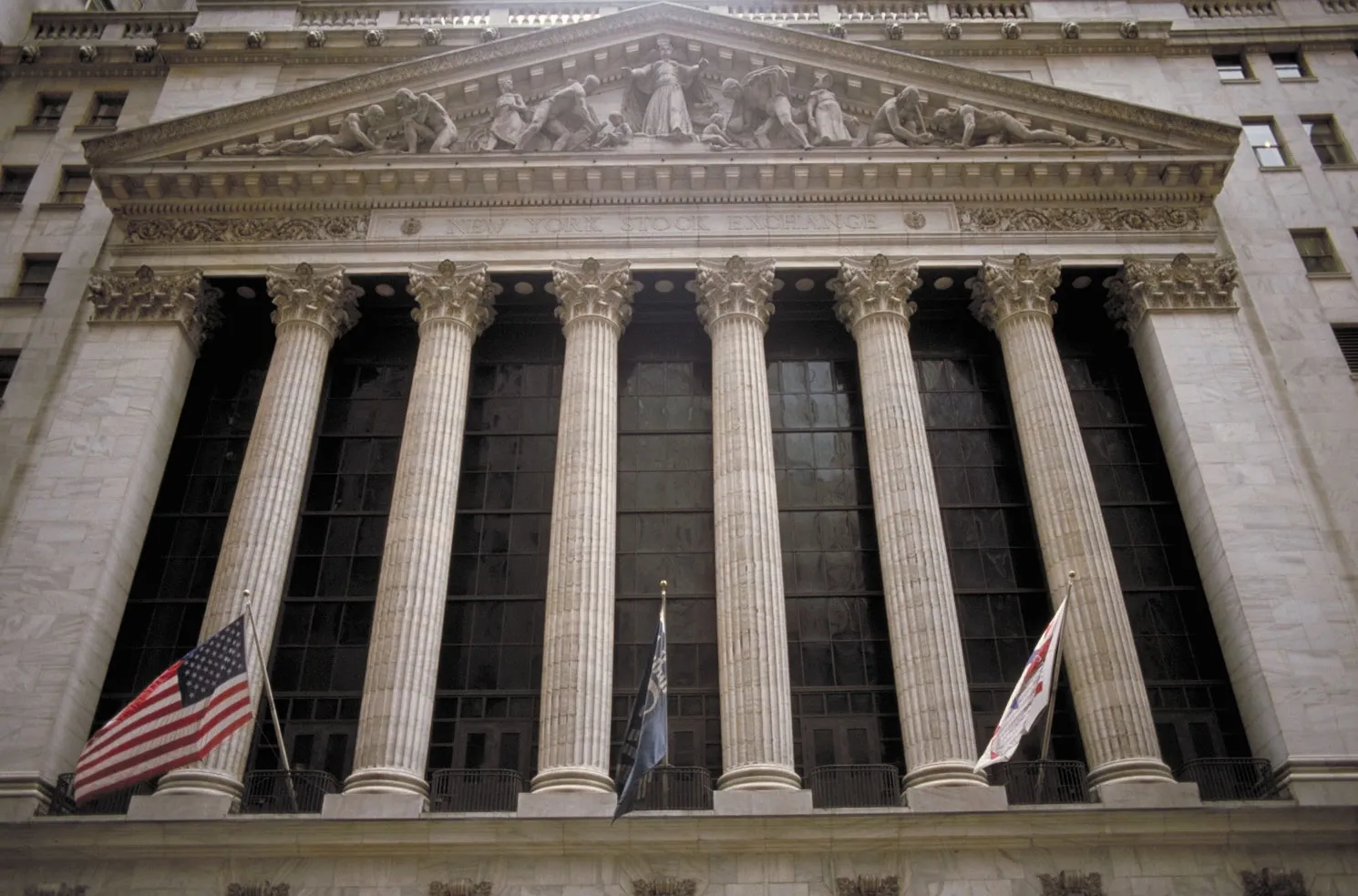Typically, when a person or company sells an asset, the main goal is to maximize financial return.
However, Disney’s potential sale of ABC, its owned affiliates, linear cable networks, and a minority stake in ESPN is driven by more than just financial considerations. The primary motivation is to signal to investors that Disney is moving away from traditional media.
Disney’s market capitalization is approximately $156 billion, and the company carries about $45 billion in debt.
Selling these assets could reduce Disney’s leverage ratio and mitigate losses from its streaming services. Additionally, the funds could support Disney’s anticipated acquisition of Comcast’s minority share in Hulu.
However, Disney Chief Executive Bob Iger’s contemplation of selling media assets is not primarily about the financial implications.
Instead, it’s about signaling to the investment community that Disney is transitioning away from traditional TV. A sale of ABC and the cable networks would mark a significant shift, emphasizing that Disney is ready for a new chapter.
Wells Fargo analyst Steven Cahall commented in an interview that Disney now operates with what might be considered “a good bank and a bad bank.”
He noted that streaming represents Disney’s future and is a strong asset, alongside its parks, while the linear TV business is in decline. Moving the lower-growth linear business to a more suitable operator could benefit Disney’s stock.
It was reported on Thursday that Nexstar has had preliminary discussions with Disney about acquiring ABC and its associated affiliates.
Media entrepreneur Byron Allen has also made an initial offer of $10 billion for ABC, its affiliates, and cable networks FX and National Geographic, according to a source familiar with the situation.
In response, Disney issued a statement saying, “While we are open to considering a variety of strategic options for our linear businesses, at this time The Walt Disney Company has made no decision regarding the divestiture of ABC or any other property, and any reports suggesting otherwise are unfounded.”
The value of broadcast and cable networks has significantly declined since the 1990s and early 2000s due to a large number of Americans canceling cable services in recent years.

Cahall estimates the value of ABC and Disney’s eight owned affiliate networks at around $4.5 billion, a sharp decrease from the $19 billion Disney paid for Capital Cities/ABC in 1995, a deal that brought Iger into the company.
ESPN’s valuation is approximately $30 billion, according to KeyBanc Capital Markets analyst Brandon Nispel, though he described it as a “melting iceberg.”
LightShed analyst Rich Greenfield values ESPN closer to $20 billion. Disney aims to retain a majority stake in ESPN; it currently owns 80%, with Hearst holding the remaining 20%. Analysts had valued ESPN around $50 billion a decade ago.
Deciding what to do with ABC presents Disney with a significant choice. While selling its eight affiliate stations in major markets like Chicago, New York, and Los Angeles would not drastically alter the media industry’s trajectory, divesting the ABC network would signal Disney’s departure from the traditional broadcast cable world.
Such a move would be particularly striking given Iger’s recent statements about Disney’s commitment to the sports business. Iger had previously highlighted the value of sports broadcasting during Disney’s third-quarter earnings call, emphasizing the unique ability of sports to engage audiences.
Despite the transition to streaming, broadcast networks like NBC still hold value for major sports leagues. NBCUniversal executives believe owning NBC could influence the NBA to include them in new rights agreements, leveraging NBC’s broad reach.
However, selling ABC could lead to changes in existing agreements with pay TV operators or sports leagues and might affect ESPN’s ability to secure future sports rights deals.
If Iger’s strategy to keep Disney in sports broadcasting is genuine, the company will need to balance the downsides of losing ABC against the benefits of demonstrating its commitment to moving away from declining assets.
Should Disney proceed with selling ABC, and if the market reacts positively, it could encourage other major media companies to consider selling their underperforming assets.
Companies like NBCUniversal, Paramount Global, and Warner Bros. Discovery also own legacy broadcast and cable networks alongside their flagship streaming services.
Disney’s actions might set a precedent in the industry, with Cahall describing it as a “bullish sign” for Disney. He noted that Disney’s current activities, including its work with ESPN, partnerships, and asset divestitures, make it seem “a little more catalyst-rich” than it has been recently.







Leave a Reply